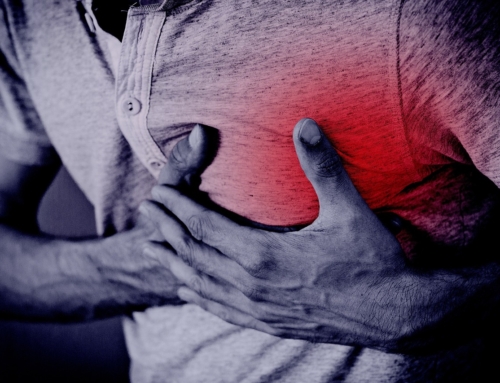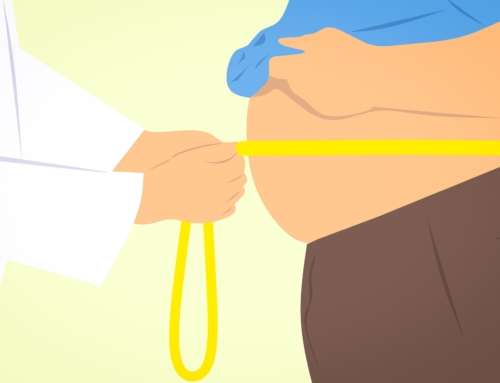If you are grumbling about daylight savings time (like most people), you might just realize there are many health risks that have been linked to daylight saving time. READ ON to learn how this one small hour change could be affecting your health and 4 tips to help you transition…
Daylight savings time (DST) originally started as a way to conserve energy in Europe and later in the US (1916 & 1918 respectively). In the US it because universal in 1966 allowing each state to decide. More and more research is coming to light on potential risks of this and whether or not this should be continued.
Studies are showing mounting evidence that even this one hour change can negatively impact our health. One of the key underlying reasons is alteration to our circadian rhythms. The circadian clock can directly and indirectly influence numerous functions like sleep, rest, feeding and drinking behavior, core body temperature, hormone activity, metabolism as well as alteration in our autonomic and sympathetic system. All of these areas can be affected when this clock is altered.
Metabolism is regulated by circadian clocks in many systems including heart, skeletal muscle, liver and fat cells (adipose tissue). Our cardiovascular system, blood vessels and the lining of our blood vessels all have biological clocks. There have been several animal studies demonstrating that certain diseases like high blood pressure, diabetes, heart attack and shift work all disrupt the circadian clock within the heart. Shift work itself has been shown to increase blood pressure, increase inflammation markers and alter adrenal fight-or-flight neurochemicals as well as other changes all leading to increased risk of cardiovascular disease. Altering the circadian clock with daylight savings time (DST) is thought to produce these same issues.
Studies have actually demonstrated that the Monday after DST there is an increased incidence of heart attacks (more in women) than any other Monday by up to 24% during the spring DST change. Conversely, there is a decreased risk by 21% in the Fall! Obviously, there are other factors that increase the risk that would make Monday more of a problem. Monday’s are the typical start of a work week so there is naturally an increase in stress resulting in increase in blood pressure, the catecholamines (fight-or-flight response), alterations of sleep in anticipation of the week etc. When combined with a change in sleep pattern this risk increases. The increased risk doesn’t stop with heart attacks. Studies also indicate an increase in the following in the first two weeks after the Spring time change.
- Stroke rate increases by 8%.
- Increased motor vehicle accidents by 6%
- Increased risks of mental illness especially depression by 11%
- Increased digestive and immune related symptoms like colitis by 3%
In addition, there is an increase in appetite and hunger the week following a time change. Sleep deficits increase a hormone called ghrelin which basically says “eat” and also suppresses leptin which says “stop eating, I’m full”. This also occurs with shortened sleep cycle and shift work so not just isolated to DST.
Because this has been a growing concern the American Academy of Sleep came out with a recommendation in 2020 that DST be abolished for a fixed, national, year-round standard time due to these risks.
Are there some upsides to DST?
- Increased safety due to longer daylight hours providing safer driving conditions and decreased street crime.
- Economic reasons. It is felt that later daylight translates into more people shopping after work.
- Promote active lifestyle. When there is more light people are more likely to get outdoors and be active.
In march 2022, the US Senate unanimously approved a bill that would make DST permanent. As of February 2023, no action has been taken to advance the bill in the House of Representatives.
For now, we just have to work around this change and here are some tips on how to make this as easy of a transition as possible:
- Expose yourself to daylight as soon as you wake up.
- Eliminate all caffeine after 2pm.
- Exercise in the morning.
- Consider adding a small dose of Melatonin at bedtime (1-3mg) to get your circadian rhythm back on track.
To your health,
Laura









